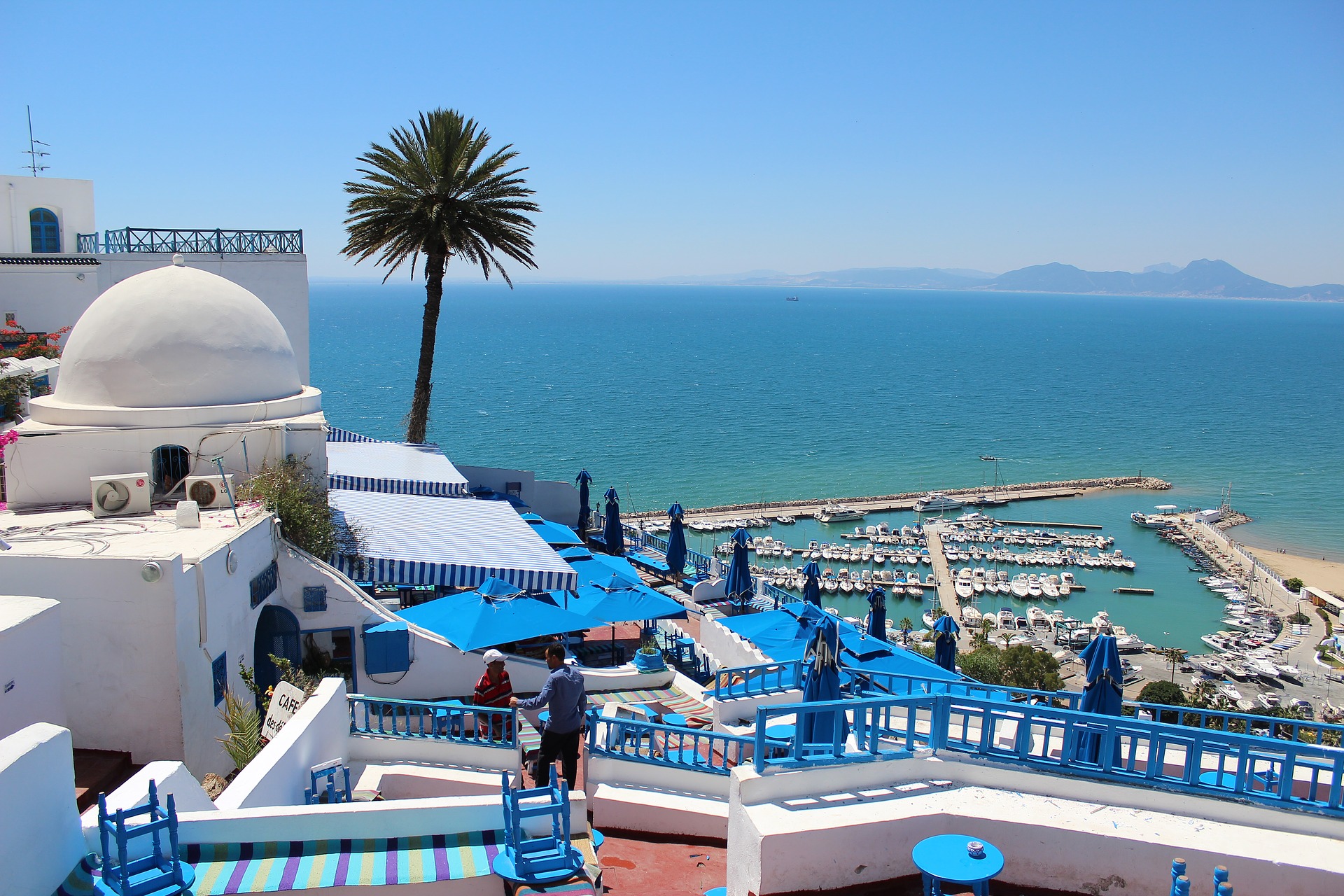Countries that are predominantly Muslim and function as modern democracies, though the strength and quality of democracy vary. Here are a few prominent examples:
1. Indonesia
-
Population: ~87% Muslim (largest Muslim population in the world)
-
Democracy: Yes – Indonesia is a functioning multiparty democracy.
-
Government Structure: Presidential system with regular elections, vibrant civil society, and a free press (though some limitations exist).
-
Challenges: Issues with corruption, religious intolerance, and regional autonomy tensions.
2. Tunisia
-
Population: ~99% Muslim
-
Democracy: Yes – since the 2011 Arab Spring, Tunisia has made significant democratic strides.
-
Government Structure: Semi-presidential system with elections and a new progressive constitution (2014).
-
Challenges: Political instability in recent years, especially post-2021 with executive power consolidation.
3. Senegal
-
Population: ~95% Muslim
-
Democracy: Yes – long-standing democracy with peaceful transitions of power.
-
Government Structure: Presidential republic.
-
Strengths: Vibrant political culture, strong civil liberties compared to many neighbors.
-
Challenges: Some concerns over press freedom and opposition rights in recent years.
4. Malaysia
-
Population: ~60% Muslim (Malay majority)
-
Democracy: Yes – parliamentary democracy with a constitutional monarchy.
-
Strengths: Regular elections, coalition politics, judicial review.
-
Challenges: Ethnic and religious preferential policies, media restrictions, and recent political instability.
Summary:
While no country is a "perfect" democracy (including Western ones), Indonesia, Tunisia, Senegal, and Malaysia are credible examples of predominantly Muslim countries that practice modern democratic governance. Others like Turkey have democratic institutions but face significant backsliding in recent years.
Here's a comparative overview of four predominantly Muslim countries—Indonesia, Tunisia, Senegal, and Malaysia—evaluated based on three key democratic indicators: political rights, press freedom, and electoral integrity. These assessments draw from reputable sources such as Freedom House, Reporters Without Borders (RSF), and the Economist Intelligence Unit (EIU).
🗳️ Comparative Democracy Indicators (2024–2025)
| Country | Freedom House Score (2024) | Press Freedom Rank (2025) | EIU Democracy Index (2024) |
|---|---|---|---|
| Senegal | 68/100 – Partly Free | 74/180 | 6.13 – Flawed Democracy |
| Indonesia | 56/100 – Partly Free | 111/180 | 6.71 – Flawed Democracy |
| Malaysia | 53/100 – Partly Free | 107/180 | 7.16 – Flawed Democracy |
| Tunisia | 44/100 – Partly Free | 121/180 | 4.04 – Hybrid Regime |
🌐 Country Highlights
🇸🇳 Senegal
-
Democratic Strengths: Noted for peaceful power transitions and robust civic engagement. In 2024, citizens successfully opposed an attempt by the incumbent president to delay elections, leading to a democratic change in leadership.
-
Press Freedom: Ranked 74th globally, indicating relatively strong media independence.
🇮🇩 Indonesia
-
Democratic Strengths: The world's largest Muslim-majority democracy with regular elections and active civil society participation.
-
Press Freedom: Ranked 111th, reflecting challenges such as incidents of violence against journalists.
🇲🇾 Malaysia
-
Democratic Strengths: Operates under a constitutional monarchy with a parliamentary system. Recent elections have seen increased political competition.
-
Press Freedom: Ranked 107th, showing moderate media freedom with some government influence.
🇹🇳 Tunisia
-
Democratic Challenges: Once hailed as a success story post-Arab Spring, Tunisia has faced democratic backsliding, with increased executive power and suppression of opposition.
-
Press Freedom: Ranked 121st, indicating significant restrictions on media operations.
📊 Summary
| Country | Political Rights | Press Freedom | Electoral Integrity |
|---|---|---|---|
| Senegal | Moderate | Strong | Strong |
| Indonesia | Moderate | Moderate | Moderate |
| Malaysia | Moderate | Moderate | Moderate |
| Tunisia | Weak | Weak | Weak |
✅ Conclusion
Among these nations, Senegal currently exemplifies the most robust democratic practices, with active citizen participation and relatively free media. Indonesia and Malaysia maintain functional democracies with areas for improvement, particularly in press freedom. Tunisia, however, has experienced notable democratic erosion in recent years.

/malaysia-travel-583d01ac5f9b58d5b13cec0d.jpg)

No comments:
Post a Comment